Best International Feature Films Contenders Reviews
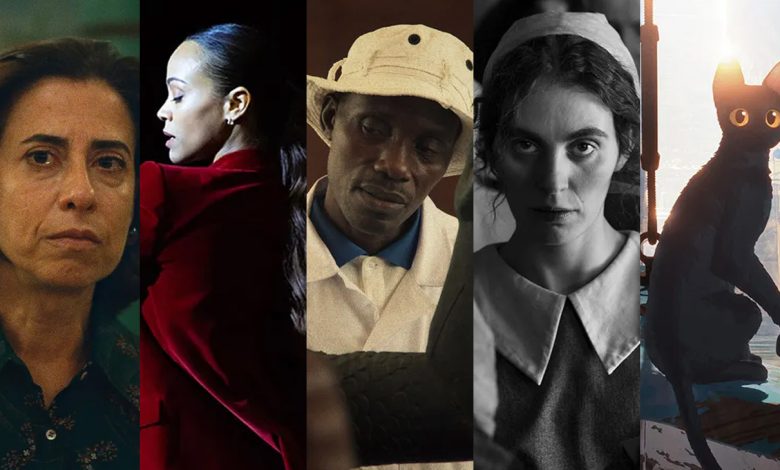
And then there were 15. A total of 85 countries had submitted features for the best international feature film Oscar at the 97th Academy Awards, but last week the Academy of Motion Pictures Arts and Sciences whittled that down to a shortlist of 15 films that will vie for a nomination.
Several frontrunners made the cut, including Jacques Audiard’s Emilia Pérez, representing France, the Danish contender The Girl With the Needle from director Magnus von Horn, I’m Still Here from Brazilian director Walter Salles and Mohammad Rasoulof’s The Seed of the Sacred Fig, an Iran-set film submitted by co-production country Germany.
But there were also some snubs and surprises. In terms of geographic distribution, Europe dominates with 10 of the 15 shortlisted movies, while the Americas are represented by Matthew Rankin’s Canadian contender Universal Language and Salles’ I’m Still Here. Africa only has one contender left in the running, namely Senegal documentary Dahomey from Mati Diop, from Africa, and there are two from Asia. The latter are Palestine’s entry From Ground Zero and Thailand’s How to Make Millions Before Grandma Dies from Thailand, which THR hasn’t reviewed.
Check out the THR reviews for 13 international Oscar contenders on the Academy’s shortlist here before the final five nominees are unveiled on Jan. 17. Final Oscar voting then begins at 9 a.m. PT on Feb. 11 and ends at 5 p.m. PT on Feb. 18.
-
“”
‘Armand’ (Norway)

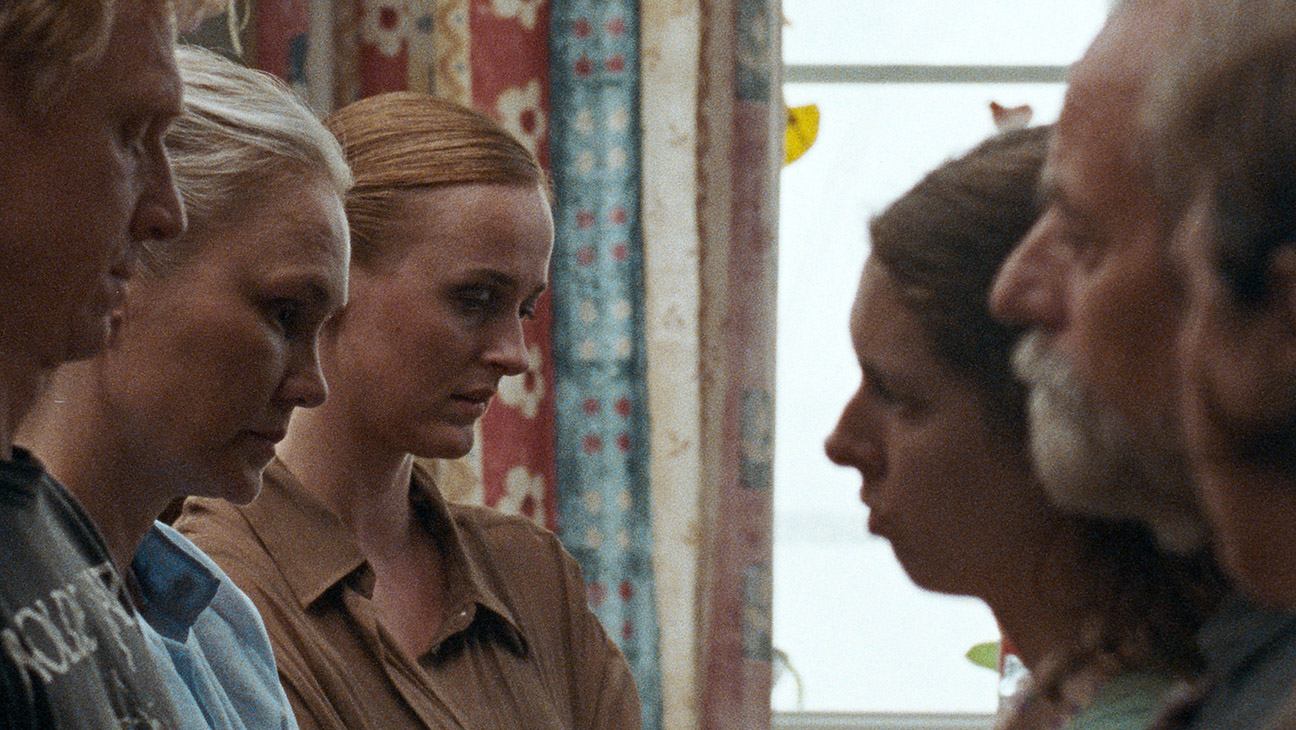
Image Credit: Cannes Film Festival Halfdan Ullmann Tøndel is in the Oscars running with his debut feature, which is a psychological drama set in an elementary school, where two mothers — The Worst Person in the World star Renate Reinsve and Ellen Dorrit Petersen — face off over an alleged bullying incident involving their young sons
Of note is that the director is the grandson of Ingmar Bergman who won what was then known as the best foreign-language film Oscar with Fanny and Alexander 40 years ago.
“Reception in Cannes has been largely warm following its debut in the Un Certain Regard strand, and Armand has racked up some offshore sales,” THR‘s review noted, pointing out that “the ambition and risk-taking are largely impressive.”
It also emphasized: “Some may find themselves straining to find artistic traces here of the work of Ullmann Tondel’s grandparents, Ingmar Bergman and Liv Ullmann, but millennial-generation Ullmann Tøndel’s directing style feels more of a piece with contemporary Nordic cinema, with its flights of fancy and quirky humor, than the high style of his progenitors.”
Read the full review.
“”
-
“”
‘Dahomey’ (Senegal)

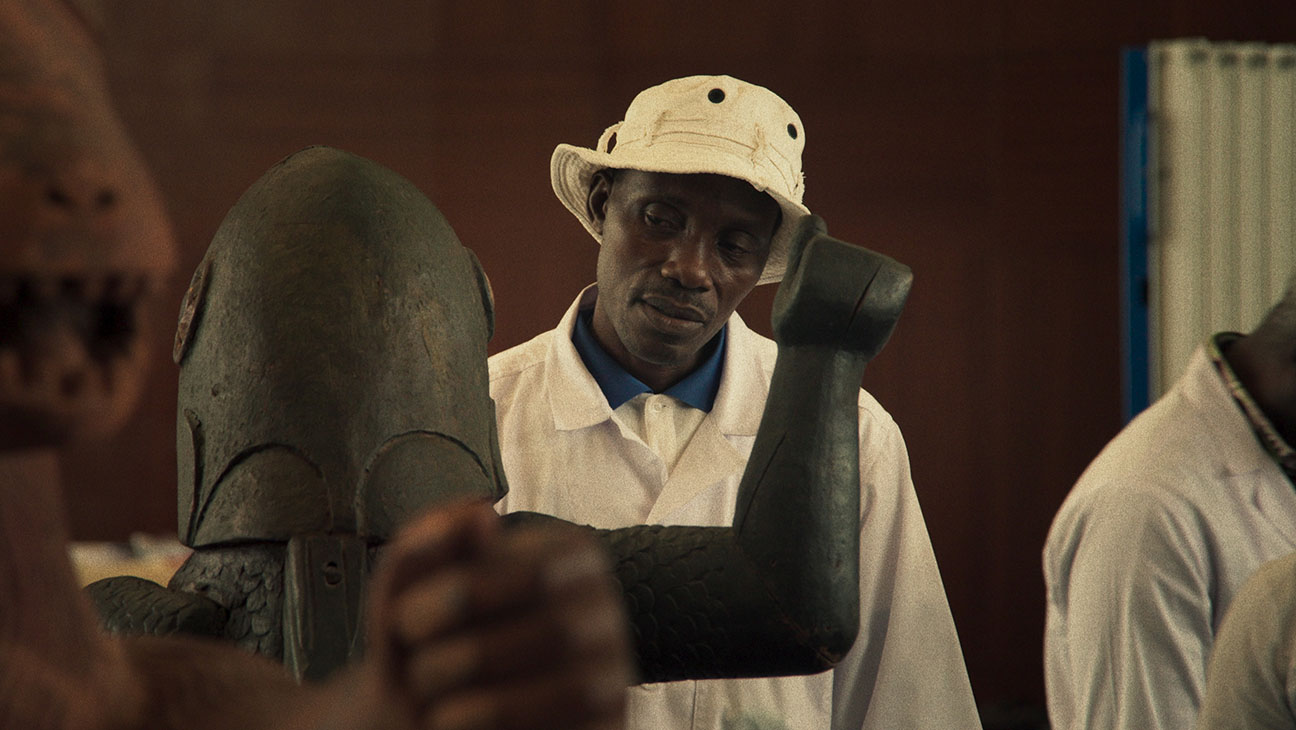
Image Credit: Les Films du Bal – Fanta Sy Actress-turned-director Mati Diop followed up her cross-over debut Atlantics with this documentary essay on colonialism and cultural history, following the return of 26 royal artifacts plundered by French colonial troops in 1892.
The winner of Berlin’s Golden Bear for best film has earned plaudits throughout its travels across the festival circuit.
The doc with fictionalized elements, viewing art as a repository for memory, is “richly layered and resonant,” according to THR‘s review, which also lauded its “thematic weight and aesthetic beauty.”
Concluded the review: “With a fluidity of form and subject comparable to what Ava DuVernay achieves in Origin, Diop folds the poetic into the political, without ever becoming didactic.”
Read the full review.
“”
-
“”
‘Emilia Pérez’ (France)

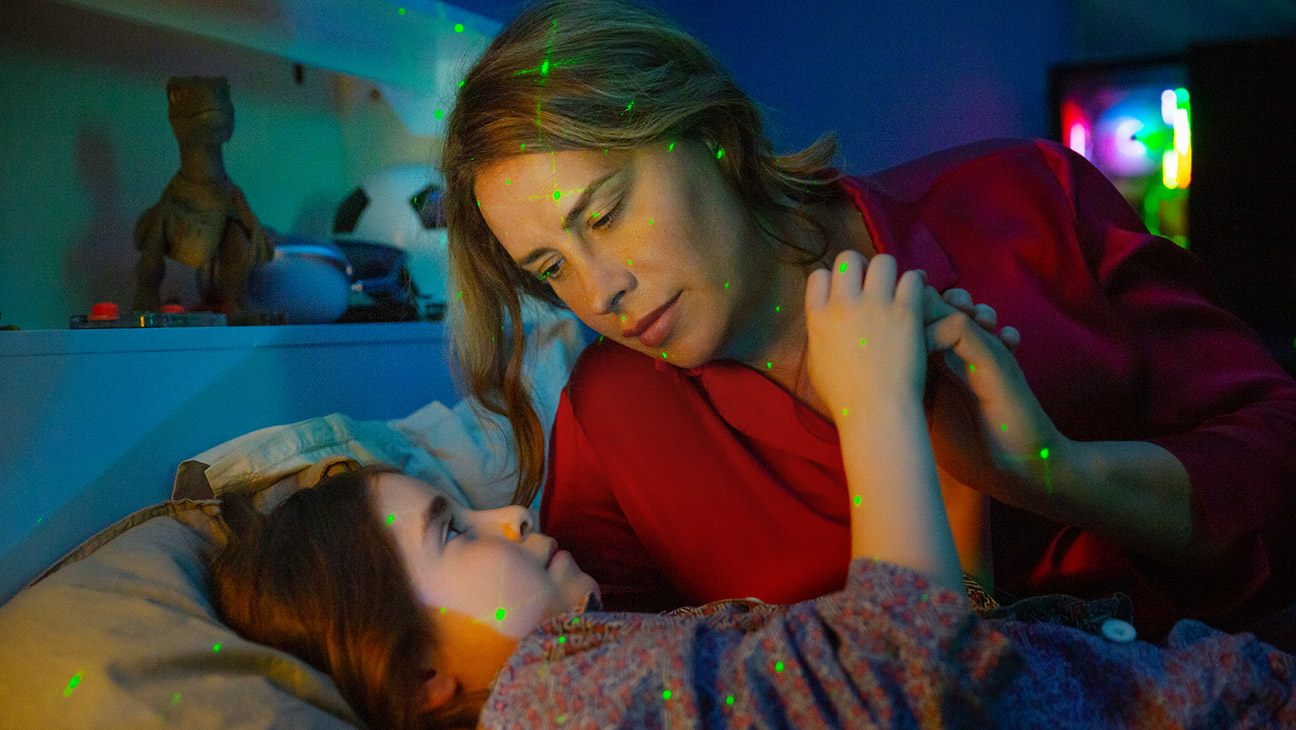
Image Credit: PAGE 114 – WHY NOT PRODUCTIONS – PATHÉ FILMS – FRANCE 2 CINÉMA. Jacques Audiard’s Netflix genre mash-up is a transgender coming-of-age, Mexican crime thriller musical that won the Cannes jury prize.
It follows a defense lawyer, played by Zoe Saldaña — in her first Spanish-language role — helping a cartel leader fake death and undergo gender affirmation surgery to live authentically as a woman. The cast including Saldaña, Selena Gomez, Adriana Paz and breakout star Karla Sofía Gascón as Emilia Pérez jointly won the best actress prize on the Croisette.
The “bracingly original crime musical … dexterously spans many styles,” THR‘s review noted. “The baseline is a drama of criminality and redemption, but then there’s an unforced current of Almodóvarian humor, along with moments of melodrama, noir, social realism, a hint of telenovela camp and a climactic escalation into suspense, ultimately touched by tragedy.”
It concluded about Audiard: “He has made something fresh, full of vitality and affecting, held aloft by its own quietly soaring power.”
Read the full review.
“”
-
“”
‘Flow’ (Latvia)

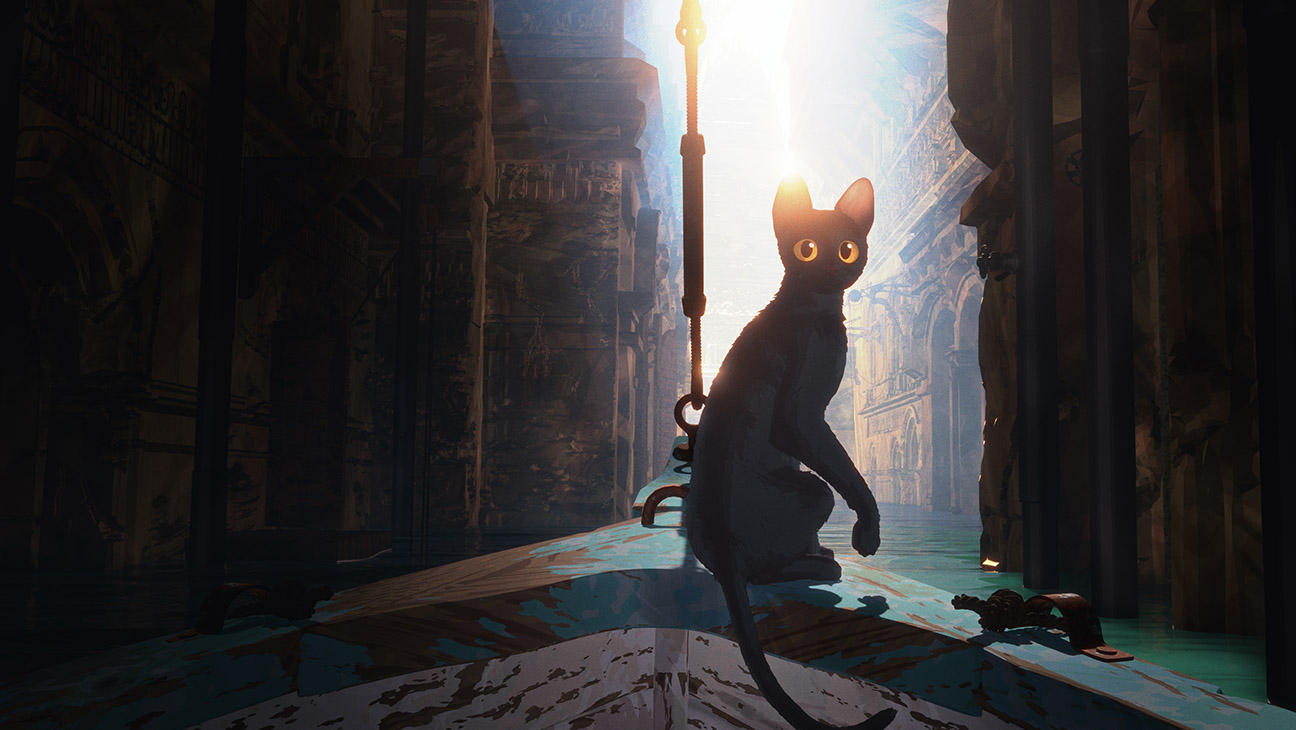
Image Credit: Cannes Film Festival The animated feature from director Gints Zilbalodis follows a flood-displaced cat who must navigate treacherous waters by teaming up with a bird, a dog, a lemur and a capybara in a search for survival and a new home.
A big winner at the Annecy animation film festival this year, it is in the Oscar running.
THR‘s review lauded the movie as “an enchanting eco-fable about community that makes artisanal magic out of 3D animation” that “makes you purr with pleasure.”
And it summarized: “This is a wonderful film for children, its example of the give and take of friendship and the importance of mutual trust embedded organically in the narrative with clarity but without over-emphasis. It’s no less a film for adults, with its beguiling visuals and characters loaded with charm and individuality.”
Read the full review.
“”
-
“”
‘The Girl With the Needle’ (Denmark)

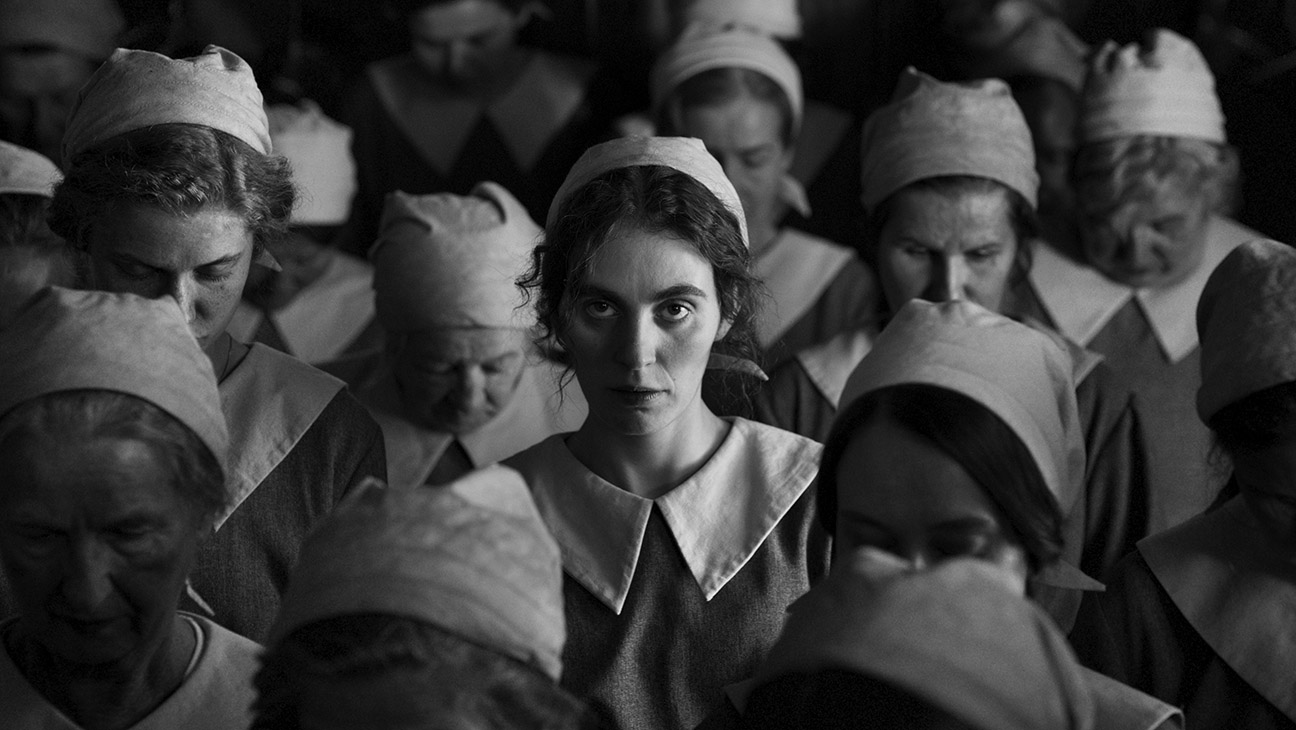
Image Credit: Cannes Film Festival Magnus von Horn’s black-and-white historical thriller, which debuted at Cannes, has a scarily timely message. The abortion drama set in post-World War I Denmark follows a factory worker who finds herself unemployed, abandoned and pregnant, and is faced with the choice of a dangerous, and illegal, termination or the services of a dodgy underground adoption agency.
The film “builds to a devastating climax, taut as piano wire,” THR‘s review said, calling it “a dark, urgently timely Danish drama about an unwanted pregnancy.”
It also touted the movie’s choice of protagonist. “Other filmmakers might have seen an opportunity to exploit the film’s true crime bona fides to the hilt by making another figure in the story the protagonist,” the review noted. “Instead, von Horn, whose last film Sweat also focused on a young woman coming apart at the seams, selects a troubled yet sympathetic everywoman as his point of entry.”
And it lauded Danish actress Vic Carmen Sonne (Holiday, Godland) who “offers an understated but multi-layered performance as Karoline, a vulnerable but resilient seamstress living in post-World War I/early-1920s Copenhagen, who is left high and dry when her wealthy lover (Joachim Fjelstrup) gets her knocked up but won’t marry her.”
Read the full review.
“”
-
“”
‘I’m Still Here’ (Brazil)

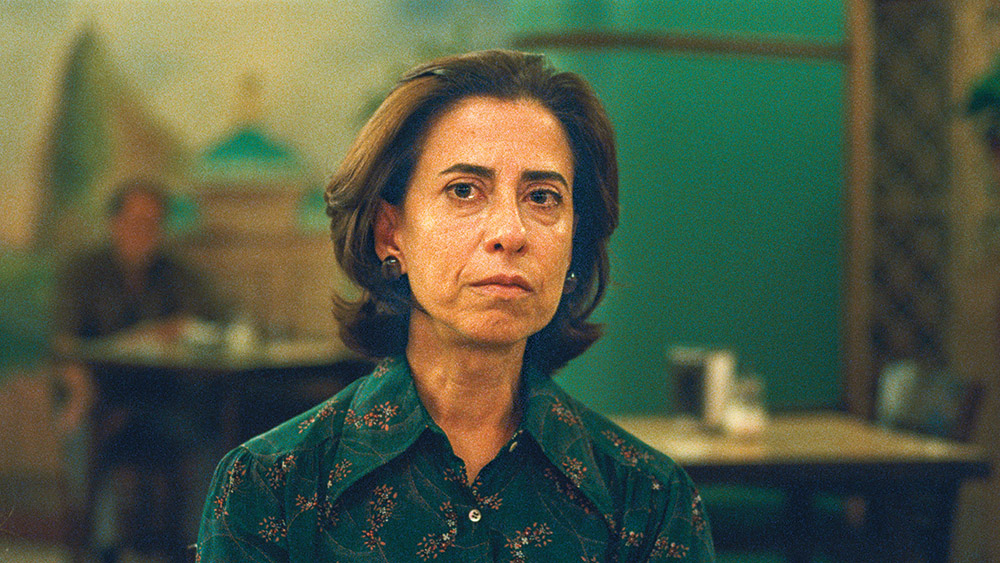
Image Credit: Alile Onawale Director Walter Salles had his international breakthrough with his 1998 film Central Station and has been earning raves for his latest film.
The filmmaker “returns home with the powerful story of a broken family’s resistance,” THR highlighted in its review. “Many powerful films have been made about the 21 years of military dictatorship in Brazil, from 1964 through 1985. … It’s not often, however, that the spirit of protest against the horrors of junta rule is viewed through such an intimate lens.”
The movie tells the true story of the Paiva family after patriarch Rubens (Selton Mello), a former congressman, was taken from his Rio de Janeiro house in 1971, ostensibly to give a deposition, and never seen or heard from again. Salles met the family in the late 1960s and spent a significant part of his youth in their home.
The film’s lead actress has drawn much praise. “Walter Salles’ 1998 international breakthrough, Central Station, earned an Oscar nomination for the magnificent Fernanda Montenegro,” THR’s review emphasized. “Now in her 90s, the actress turns up toward the end of the director’s first feature in his native Brazil in 16 years, the shattering I’m Still Here (Ainda Estou Aqui), in a role that requires her to speak only through her expressive eyes.”
Read the full review.
“”
-
“”
‘Kneecap’ (Ireland)

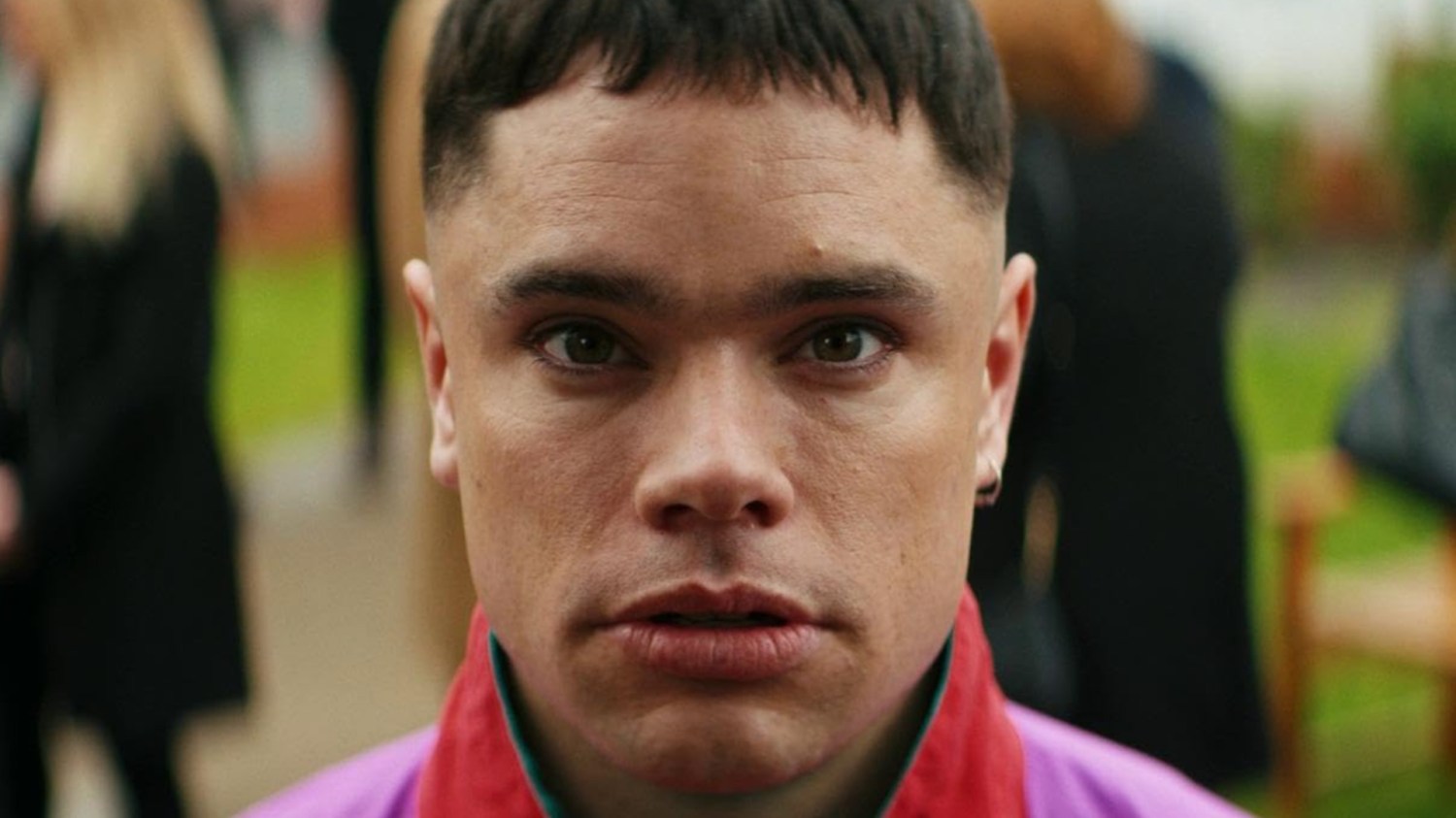
Image Credit: Publicity A cheeky Irish rap comedy featuring Michael Fassbender has been da bomb in the international Oscar race.
“Given how often one of the lead characters in the rollicking Belfast-set comedy Kneecap flashes his bare bottom, adorned with the words ‘Brits Out,’ ‘cheeky’ is truly the best way to describe this film,” THR pointed out in its review.
“The gleefully irreverent feature offers an origin story for the real-life band of the title, whose members also play themselves with admirable naturalism,” it noted. They formed a hip-hop group rapping mostly in Irish Gaelic, and “writer-director Rich Peppiatt’s (doc One Rogue Reporter) exuberant sophomore feature blends truth with print-the-legend fiction.”
The result has been a hit. Or as THR concluded: “All in all, it’s a film filled with the kind of warmth and black comedy that, at the risk of stereotyping, are quintessential to the region.”
Read the full review.
“”
-
“”
‘Santosh’ (United Kingdom)

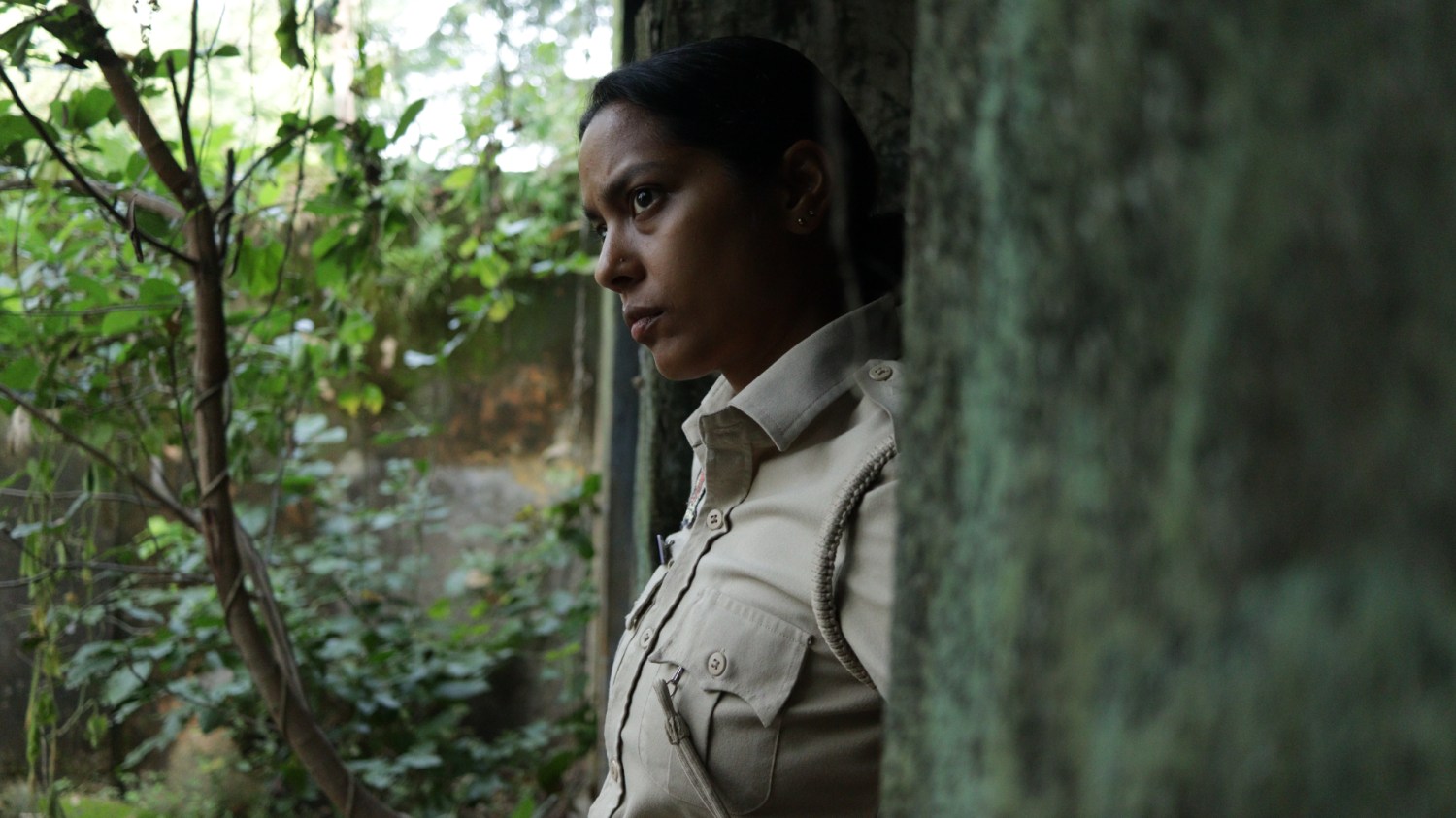
Image Credit: ‘Santosh’ Sandhya Suri’s narrative feature debut is a police procedural set in India revolving around a gruesome crime.
Shahana Goswami stars as Santosh, a young Hindu widow who inherits her husband’s job as a police constable and finds herself caught up in institutional corruption. She must work with rough-edged veteran detective Inspector Sharma (Sunita Rajwar) on a brutal murder case involving a teenage girl from a lower caste.
“Smart and compelling,” was the bottom line highlighted in THR‘s review that also lauded an “assured sense of direction coupled with controlled performances.”
The result is a police procedural that also sheds light on the state of the country. “The director smartly imbues this low-key, intimate narrative with details that lay out the political reality of India,” the reviewer noted.
Read the full review.
“”
-
“”
‘The Seed of the Sacred Fig’ (Germany)

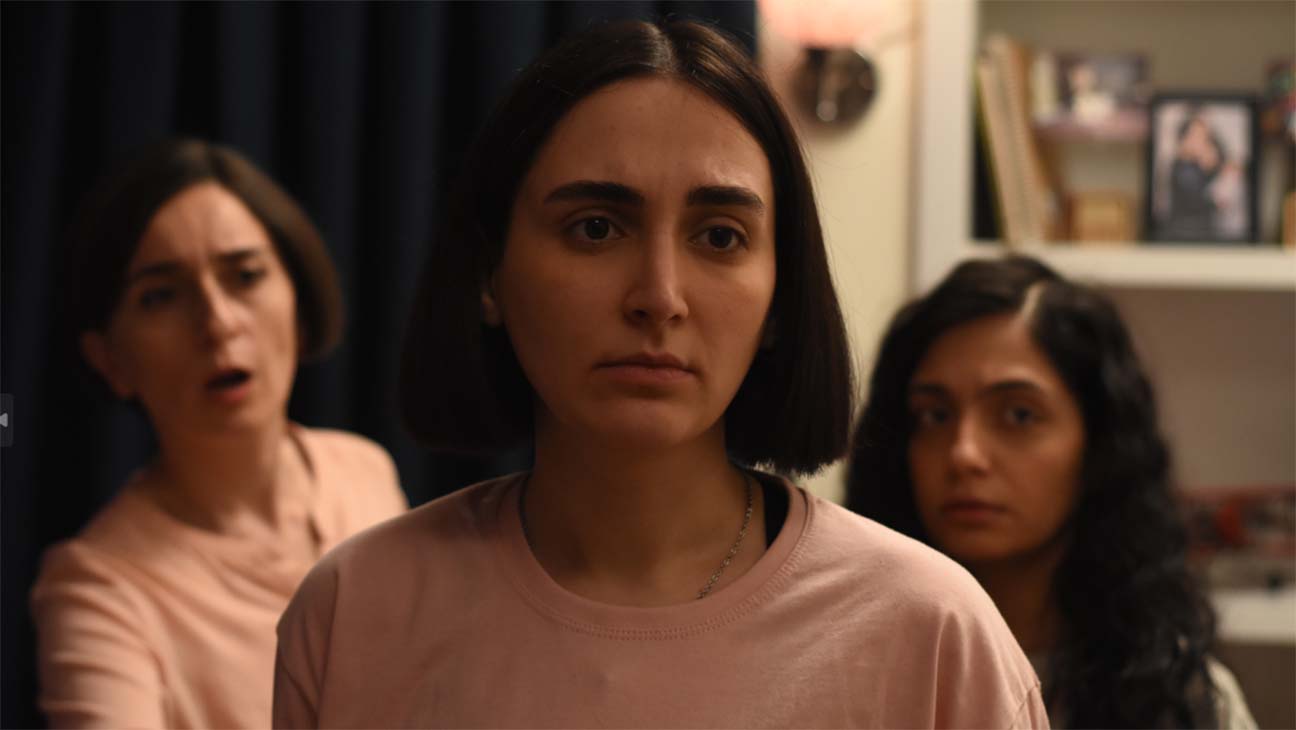
Image Credit: Cannes Film Festival Germany’s international Oscar entry is the Iran-set drama from exiled director Mohammad Rasoulof, who escaped Iran by foot shortly before the film’s world premiere in Cannes where it won a special award.
The movie starts off as a family drama about a devout, regime-supporting judge and his family. But it transforms into a horror film amid an intensifying crackdown on citizens, forcing the judge to choose between supporting his family or the Mullahs.
The “powerful indictment of Iranian oppression through the eyes of one unraveling family” was “shot clandestinely and (is) set for the most part in one somber Tehran apartment,” THR highlighted in its review, calling it “overtly political and deeply personal.”
It also concluded: “Is it all a bit over the top? Certainly. Is it worse than what’s happening on Tehran’s streets? No. As Rasoulof intercuts real footage and fiction, we realize that what the family is going through is an extension of what the entire country has been facing.”
Read the full review.
“”
-
“”
‘Touch’ (Iceland)

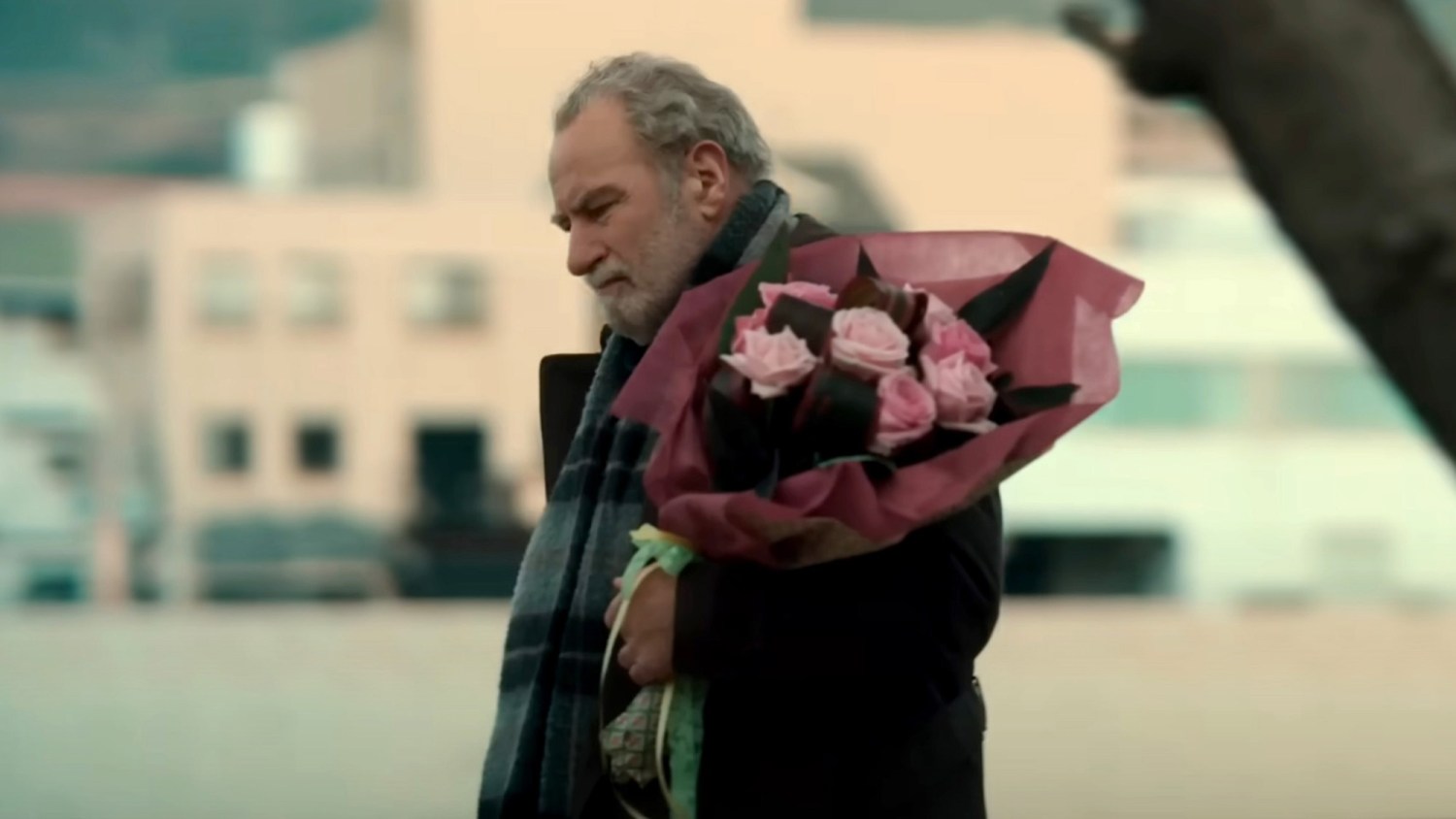
Image Credit: Focus Features/Courtesy Everett Collection This Icelandic romantic drama was directed and written by Baltasar Kormákur who also directed the 2022 survival thriller Beast, starring Idris Elba. And it was co-written by Ólafur Jóhann Ólafsson and based on his 2022 novel about a man trying to find his first love, who disappeared 50 years ago.
The result is a “delicate study of passion suspended by time and distance,” according to THR‘s review.
“Icelandic director Baltasar Kormákur swerves away from the action thrillers and survival sagas that have been his domain of late to get back closer to the romantic roots of his 2000 breakout, 101 Rekyavik, with the cross-cultural, decades-spanning grown-up melodrama,” it emphasized.
“Its delicacy and restraint keep it dramatically compelling and its emotions are never unearned,” the review also argued. “Touch is a minor-key movie but a consistently absorbing one.”
Read the full review.
“”
-
“”
‘Universal Language’ (Canada)

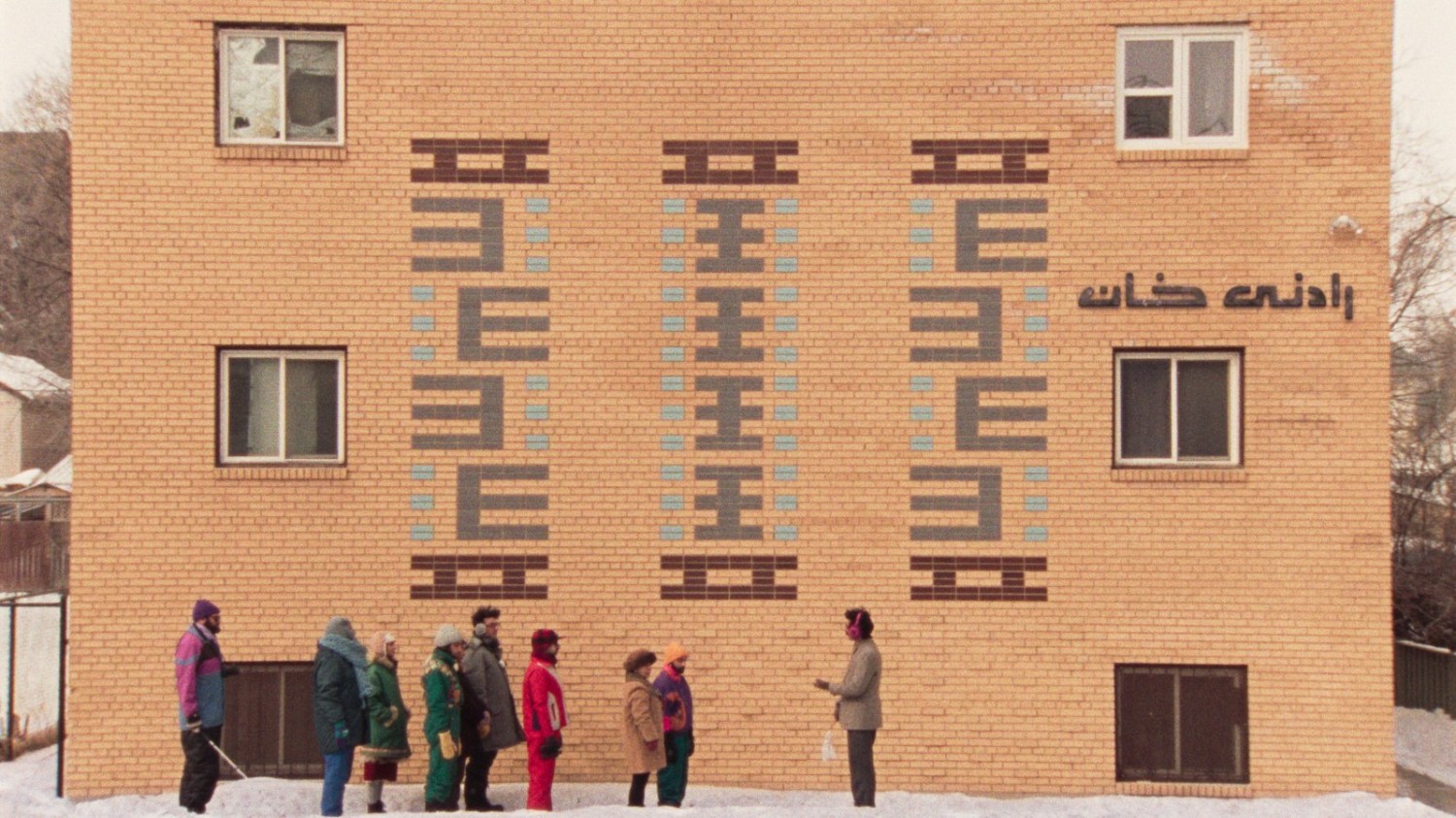
Image Credit: Directors’ Fortnight Matthew Rankin’s absurdist comedy imagines a world where French and Farsi are Canada’s official languages. The offbeat homage to Iranian cinema is set in the Canadian cities of Montreal and Winnipeg and won the first-ever audience prize in the Directors’ Fortnight section at Cannes.
THR‘s review called the movie a “bizarre and enchanting experimental comedy” and noted: “Starring the director himself alongside a cast of Farsi-speaking locals both young and old, the film is rather hard to describe on paper.”
However, just like Rankin’s feature debut, The Twentieth Century, it is a homage to old movies. “You don’t have to be a major fan” of Iranian classics though, THR‘s reviewer highlighted, although such knowledge can add more layers to the viewing experience.
And he pointed at the bigger picture: “By converting his drab hometown into an exotic land filled with nostalgia (albeit a very niche nostalgia, primarily for Criterion Channel subscribers), Rankin seems to be seeking out the universal language of cinema itself.”
Read the full review.
“”
-
“”
‘Vermiglio’ (Italy)

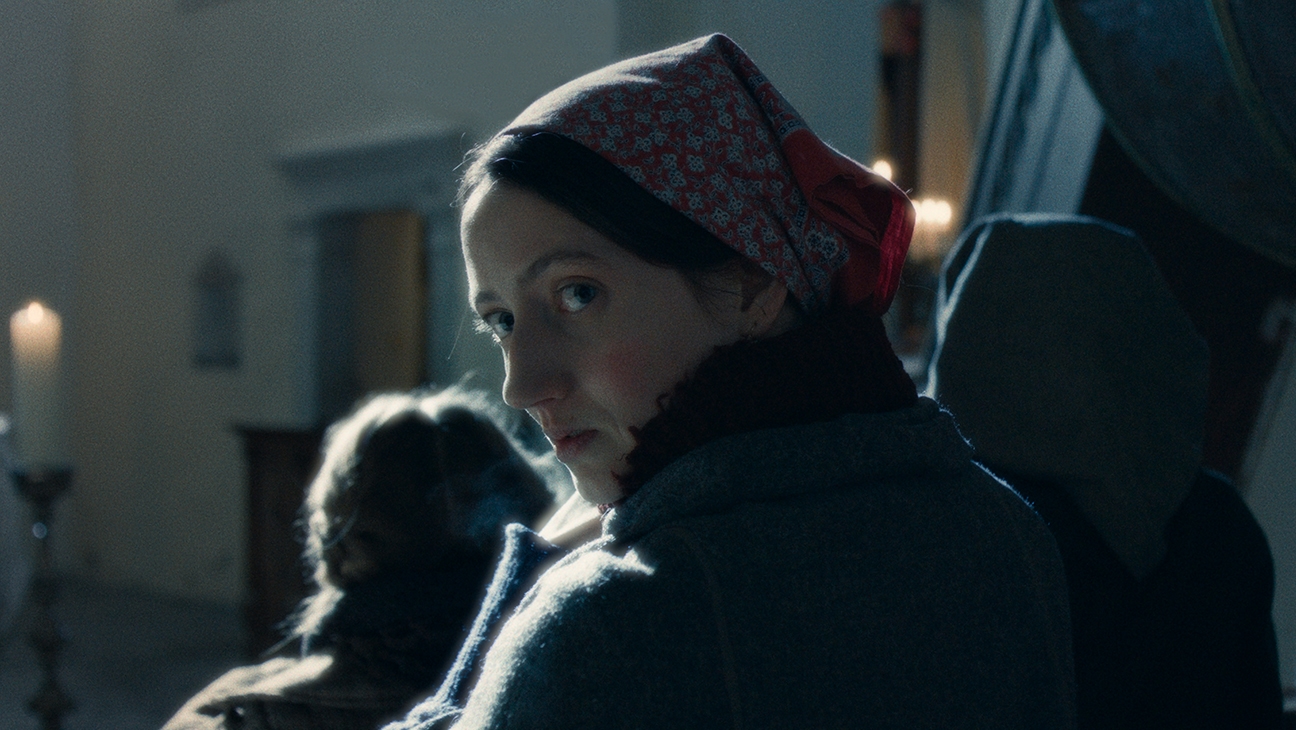
Image Credit: Courtesy of Venice Film Festival Italy’s Oscar contender follows a Sicilian army deserter during World War II who arrives in a remote Alpine village in 1944, altering the lives of a local teacher and his family.
Director Maura Delpero drew inspiration from her own family history for her film, which won a grand jury Silver Lion award at Venice.
“World War II is raging across Europe, but there’s no gunfire in the mountainous village of Vermiglio. There, life goes on much as it has for hundreds of years, albeit with some subtle adjustments,” THR‘s reviewer wrote.
“The portrait of a nearly vanished rural way of life remains compelling,” it concluded. “As Delpero demonstrated with her last well-regarded drama Maternal, she has a knack with actors, especially young and non-professional performers. And there are a lot of neophytes here to work with, mostly kids that belong to the story’s central Delpero family.”
Read the full review.
“”
-
“”
‘Waves’ (Czech Republic)

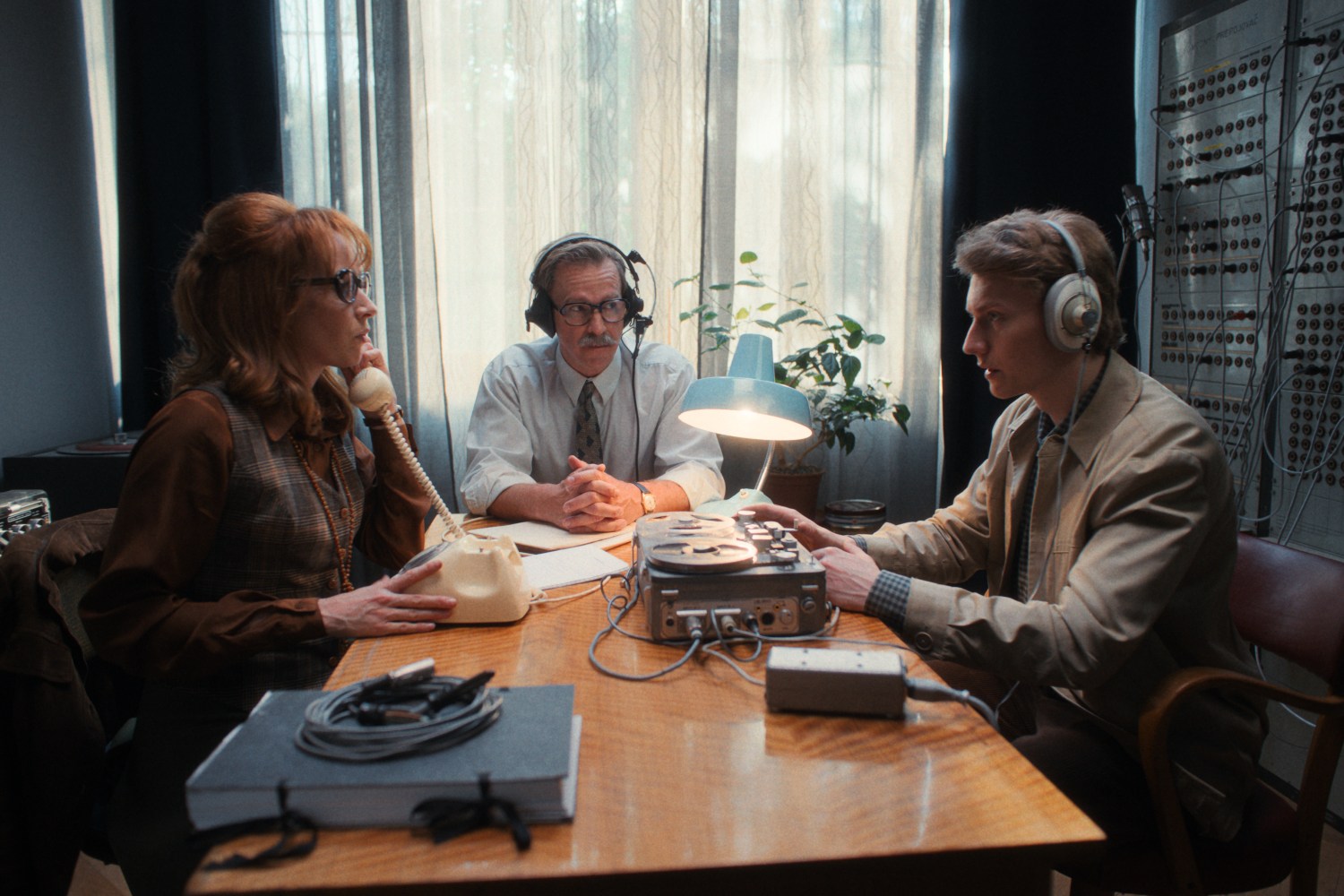
Image Credit: Martin Žiaran
The period around 1968 in what was then known as Czechoslovakia has gotten the film and TV treatment many times, but the 58th edition of the Karlovy Vary International Film Festival saw the world premiere ofWaves, a new take on the time before and after the invasion of the country by Soviet Union-led Warsaw Pact troops that revolves around the international news office at Czechoslovak Radio, whose broadcasts played a key role during the Soviet occupation.Director Jirí Mádl told THR that his decision to weave in historical footage was partly inspired by Peter Jackson‘s 2018 World War I documentary They Shall Not Grow Old.
A “thrilling affirmation of the importance of independent journalism” is how THR‘s review described the movie, along with “a propulsive thriller about a team of journalists doggedly pursuing the truth.”
And it lauded its mix of political and personal stories. “Waves probes its moral concerns through an intimate tale of two brothers trying to survive,” the review noted. “After the death of their parents, Tomás (an excellent Vojtech Vodochodský), a politically aloof young man, assumes guardianship of his teenage sibling Paja (Ondrej Stupka). Their situation is precarious: Early on, in a sign of the household’s impoverishment, Tomás cuts around the mold on a piece of sourdough bread to supplement a paltry meal.”
Read the full review.
“”
Source: Hollywoodreporter
Related Posts
- Roundball Rocked: With NBA Return Looming, NBC Purges Scripted Roster
- SoundCloud Says It “Has Never Used Artist Content to Train AI Models” After Backlash on Terms of Service Change
- Fox News’ Camryn Kinsey Is “Doing Well” After Fainting on Live TV
- Kerry Washington and Jahleel Kamera in 'Shadow Force.'
Courtesy of Lionsgate
…
- This Alternative Artist Landed a Top-20 Chart Debut With an Album Made Almost Entirely on His Phone





